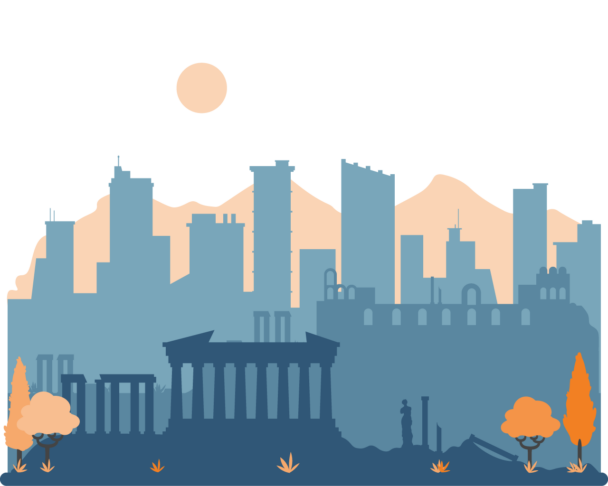Description
Basic Computer Proficiency required. Read more »
Basic computer proficiency courses are designed for individuals who have limited experience with technology. Participants will learn fundamental skills such as navigating the web, and using basic programs.
Do you aspire to provide your students with inclusive educational environments that fully accommodate their diversity – broadly conceived? In this course, you will learn to design this sort of environment following the principles of Universal Design for Learning (UDL) with the support of effective digital tools created exactly for this aim.
Universal design for learning (UDL) provides teachers with practical strategies and techniques to ensure equal opportunities for learning to all students, regardless of their needs and abilities.
By employing UDL guidelines, teachers minimize the learning barriers already when planning their lessons in order to put students in the best condition to achieve the established learning goals.
In the course, you will become familiar with a variety of strategies to implement the principles of UDL by providing multiple means of engagement, representation, and action, and expression.
Moreover, while technology is not a prerequisite for implementing UDL, the effective use of digital tools helps remove instructional barriers to learning, and transform it into a more personalized and engaging activity.
Accordingly, in the course, you will be introduced to a list of educational digital tools that support the implementation of the UDL guidelines, are largely available now, and are extremely useful in removing barriers and promoting students’ ownership of learning.
The proposed digital tools promote flexibility and provide options for differentiating students’ interaction and learning strategies. They also allow teachers and students to customize their learning environment to increase each student’s individual strengths, satisfy specific needs, and sharpen personal curiosity and interests.
The course will provide you with plenty of time to explore how to use these tools and deepen their secrets step-by-step. You will also have many occasions to practice and discuss the effective use of the tools with your fellows.
By the end of the course, you will obtain a useful digital toolbox that helps you to implement UDL guidelines in your teaching and learning. Thus, you will be able to create an inclusive learning environment that addresses the diverse needs of all students.
Requirements
Suggested computer proficiency: Basic
What is included
Learning outcomes
The course will help its participants to:
- Explain the principles of the Universal Design for the Learning framework of lesson planning;
- Apply UDL principles and guidelines through technology;
- Plan a lesson with UDL principles in practice;
- Use suitable digital tools that help to remove instructional barriers;
- Identify and evaluate the sources of instructional barriers for students;
- Discuss operational principles for diversity, equity, and inclusion;
- Appreciate diversity as the richness of human differences.
Tentative Schedule
Day 1 – Course Introduction: Diversity, Equity, and Equality in the classroom
- Introduction to the course, the school, and the external week activities;
- Icebreaker activities;
- Presentations of the participants’ schools;
- Personal goal setting;
- How do we recognize diversity in our classroom?
- Reflecting on equity, equality, and inclusion;
- How can I identify and reduce the instructional barriers in my lesson?
- UDL’s 3 key principles to support learners’ diversity.
Day 2 – The “why” of learning: Engagement
- Motivation: the “hook” to engagement;
- The first principle: guidelines to provide multiple means for engaging and motivating students to learn;
- Digital tools that support the guidelines about students’ engagement.
Day 3 – The “what” of learning: Representation
- The second principle: guidelines to provide multiple means for students to perceive and comprehend information;
- Digital tools for multiple representations of information.
Day 4 – The “how” of learning: Action and Expression
- Assessment For, As, or Of Learning?
- The third principle: guidelines to provide multiple means for students to express what they know;
- Digital tools that support pluralism in social interaction, and sharing.
Day 5 – UDL lesson planner
- How to plan a lesson with UDL principles step-by-step;
- Presentation, feedback, and discussion on the lesson plans designed by the participants.
Day 6 – Course closure & cultural activities
- Course evaluation: round-up of acquired competencies, feedback, and discussion;
- Awarding of the course Certificate of Attendance;
- Excursion and other external cultural activities.









